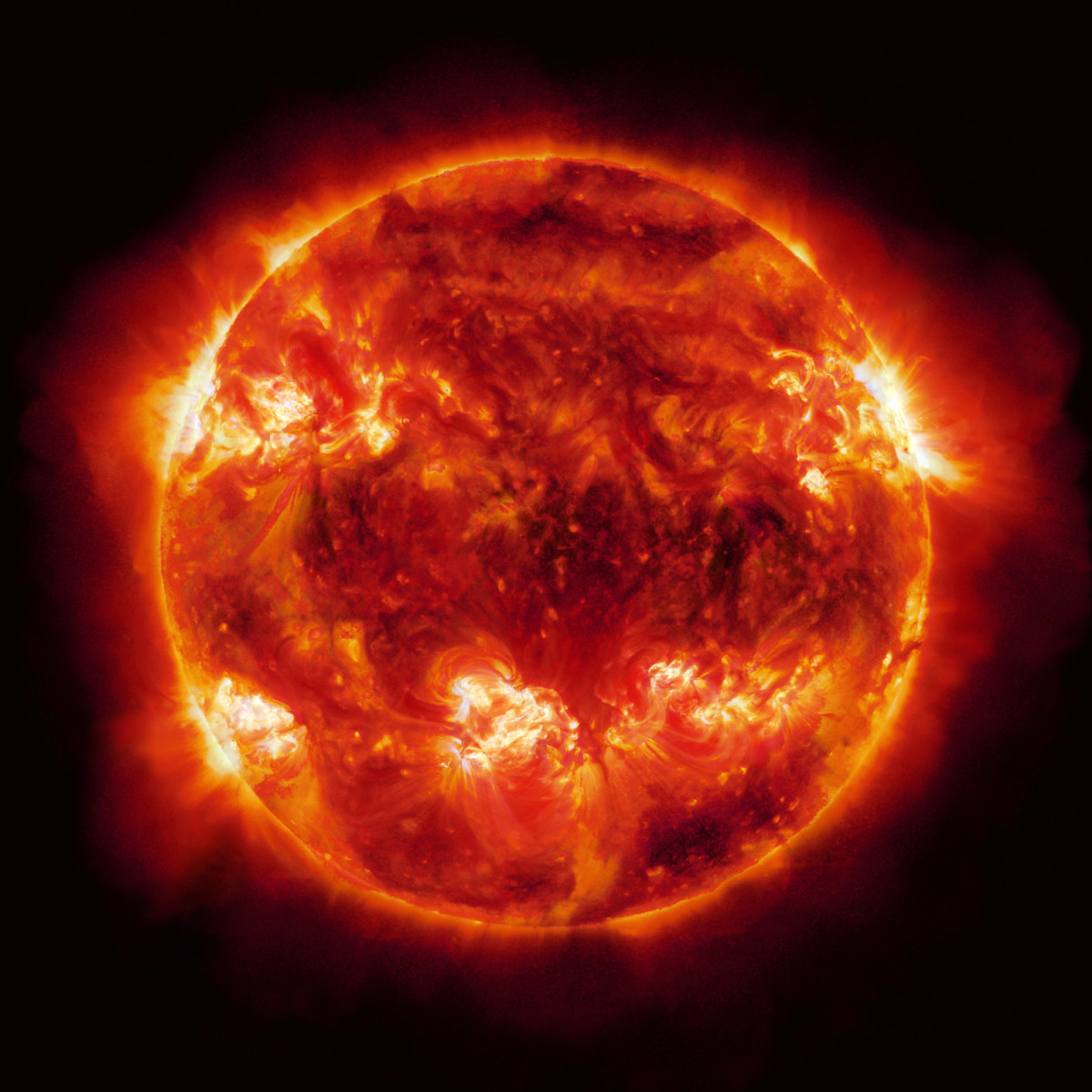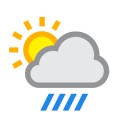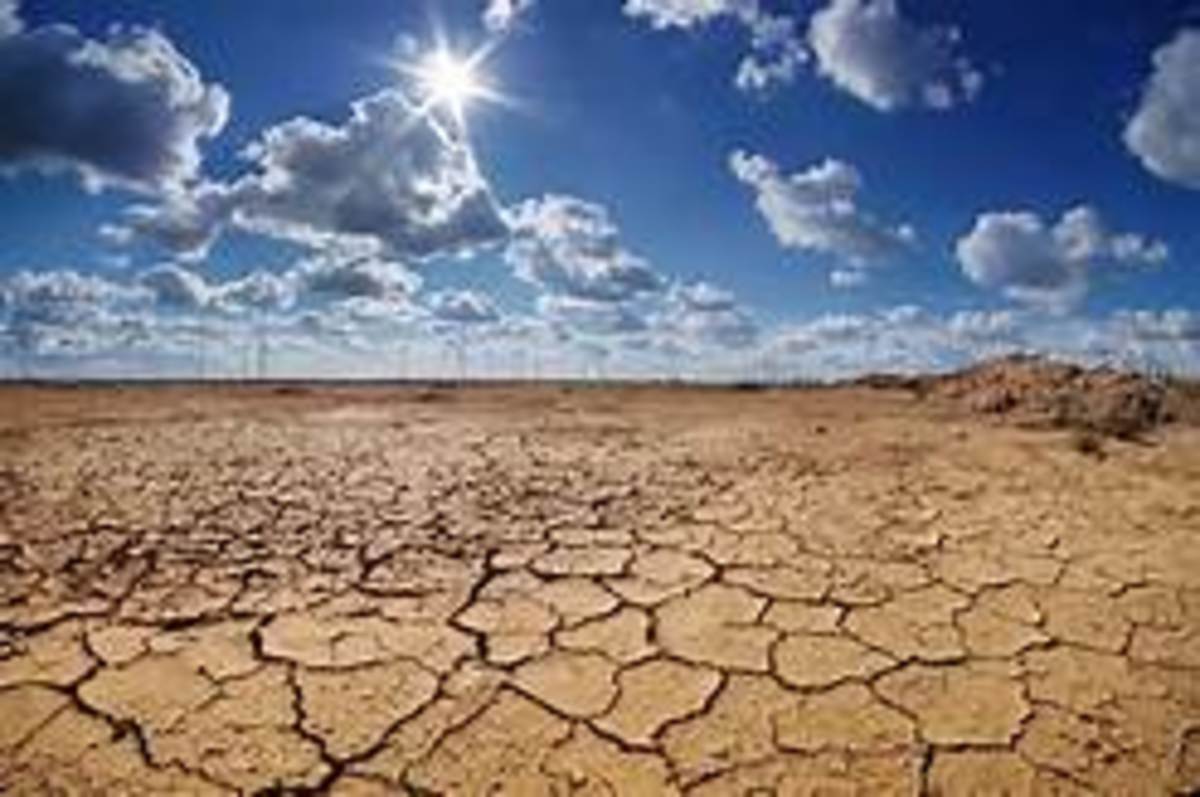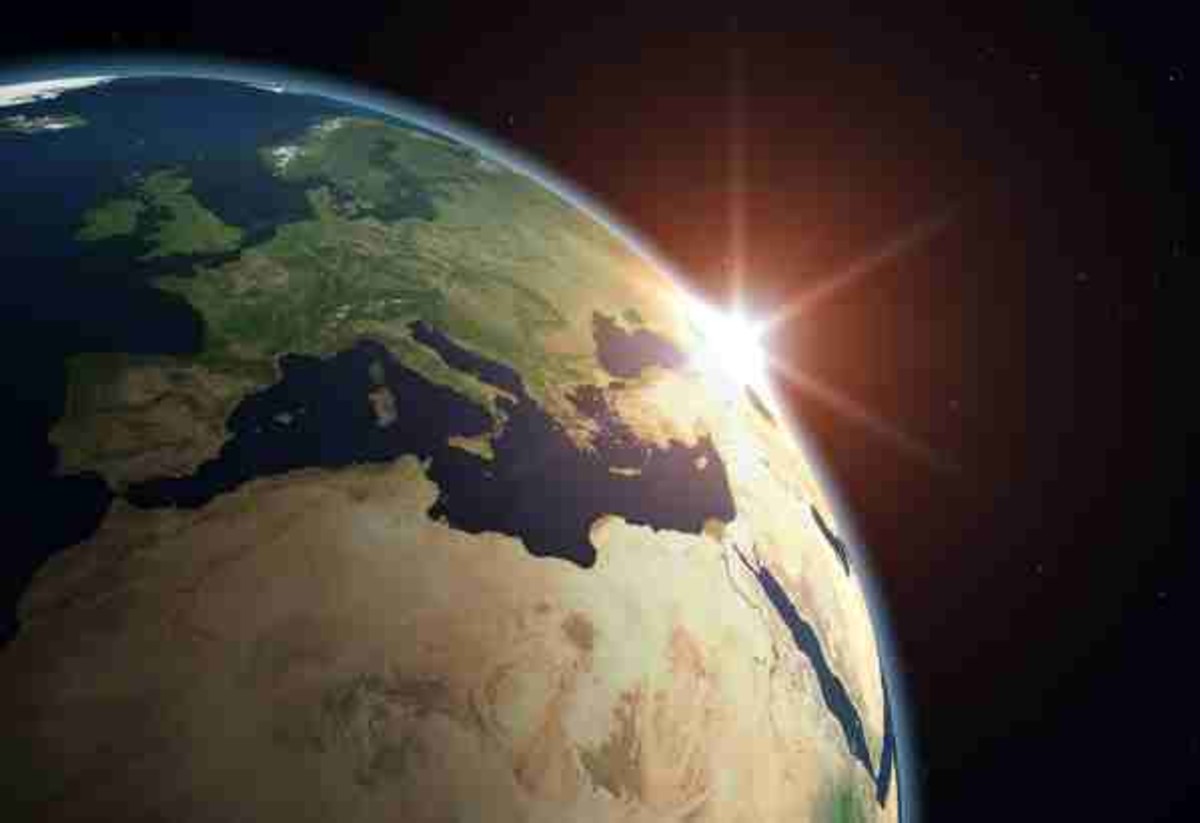A Tale of Two Scenarios

Introduction
Climate change has been in the news for the past 30 years or so. Al Gore was one of the early guru that projected bad things down the road if we did not heed his warning. The public was not convinced either way. Partly due to the long time frame, partly due to the lack of validation of projections, crisis seems to come and go and the people are just oblivious.
This current pandemic has created a good experiment. There seems to be two scenarios. One in which some blames the pandemic on our lack of preparation, while another blames it on act of God or nature.
In either case, it is a good thing. We now can get to the bottom of the theory of AGW, or man-caused global warming.
- May 2020
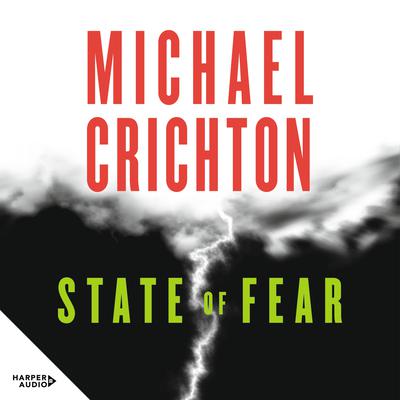
Background
The Green New Deal as proposed by some activists, is one way to address the problems of climate change. It is an expensive proposition. By some estimates, it would cost $6.6 trillion annually. That is three times the annual tax revenue and about 34% of our GDP.
With this pandemic, we have shut down our economy temporarily and borrowed $3 trillion to help pay for the lack of production.
Some has asked the question, where does the money come from?
Another cynic ask, if we could not afford the Green New Deal to save our planet, how did we find the money to fight this pandemic?
The two scenario is very interesting. On the one hand, this pandemic has clearly point to a problem of priority with our government.
On the other hand, you can say climate change was not that dire compared to this pandemic. Perhaps, it was oversold.
Scenario One
The following is an excerpt from a newsletter from the Thomson Reuter Foundation Center.
"Over the past few months of the COVID-19 pandemic, it’s become more apparent than ever how closely climate change is tied up with all of our other problems - and opportunities.
Better rainwater harvesting to cope with drought is now providing hand-washing water during the pandemic, for instance. Stretched-thin emergency services around the world are worrying about how to deal with cyclone and hurricane season alongside the virus threat. How do you social distance in an evacuation shelter?
Meanwhile, trillions of dollars – the money policymakers told us they didn’t have to deal with climate change – are now being spent to stop our economies flatlining. If that cash can be spent on the right things – from better broadband to renewable power, cycle lanes to social safety nets – it could help build the fairer, greener societies that we’ll need to combat the next big threat: climate change."
Scenario Two
This past three months, we have achieved the impossible. We have deliberately stopped or curtailed human activities in order to address a deadly pandemic. The results should be eye opening. In a short period of time, we will have some validation about our efforts to combat global warming or climate change.
We will know, if the efforts of the past month made a dent on our climate.
Profound...
What is profound is the stuff we can only dream about. Imagine a world where we can control our behavior to the point of affecting our climate. Is this possible? or even likely? There are currently 7 billion people living on this planet. They are using our natural resources such as water, food and minerals and energy...
Each person has a carbon footprint.
The AGW theory is that we humans, by burning fossil fuels, product so much CO2 gases, that it acts like a greenhouse on our planet and is contributing to the majority of the warming in the 21st century.
This is only a theory and unproven.
With the temporary quarantine, we have a window into the workings of our planet. Can we affect our climate by controlling our activities? That is the big question.
Two Possible Outcomes
As I see it, there can be two possible outcomes.
First, we can detect a noticeable difference in our global temperature as a result of the quarantine. This will give us a good gage on what we need to do in the future if we are to stop global warming.
Second, it may be totally undetectable and whatever we do have no effect and make no difference. The earth is just too big. Anything we try to do is lost in the noise.
This is actually a good experiment. If the second possibility is confirmed, then it really free us from going down the insane path of implementing the Green New Deal.
Summary
Let the data reveal the truth. Follow the science. We need answers. Is global warming human induced, or are we just bystanders?
Postscript - 6/7/2020
I received the following email response from someone representing the UCS, Union of Concerned Scientists, a group active in climate change issues.
=================================================
Thank you for contacting UCS. Unfortunately, as you know, we are in a dangerous public health crisis that’s endangering lives and communities. Despite the urgent need for a clean energy transition, this decline in fossil fuel use and fossil fuel pollution is no cause for celebration, resulting from unprecedented societal disruption, borne on the backs of working people. This reduction in emissions is also ephemeral, with no thoughtful policies guiding it and likely to last only as long as the immediate health and economic crises persist. Past experiences with economic recessions show that emissions rebound quickly in response to stimulus measures and economic recovery. This was the experience after the 2008-2009 recession, for example. As such, UCS is not doing work to focus on or quantify this temporary effect.
=================================================
My original question submitted to their website:
I have a question of a scientific nature relating the COVID-19 quarantine to the effects on climate change.
Here is the question -
Assume AGW is correct, and human activities, including use of fossil fuel contributes to the increase of CO2 emissions and green house effect.
The current quarantine of the past three months has drastically reduced all human activities around the globe.
The question for you scientists is, will we see a noticeable effect in the climate temperature data as a result?
and how large will that effect be? even if it is temporary...
===============================================
It is interesting for me, and quite revealing, the cavalier response from UCS. Why the lack of interest? Where is the intellectual curiosity of knowing what effect our human contribution have on climate change? This is a once in a lifetime opportunity. If the results are significant, it would point to a workable solution going forward.
Here is my postulate:
1. Assume the theory of AGW is correct, then we should be able to measure or quantify that effect.
2. This quarantine due to the COVID-19 virus pandemic, should be a showcase event.
3. The proposed solution to climate change, such as reduction of fossil fuel consumption and conversion to renewable energy sources, should be able to make a noticeable difference.
Alternatively, if no difference is detectable, then we need to revisit the whole theory of whether humans have been the primary cause of recent global warming in the past 30 years.
Some Related Info
- Climate | Union of Concerned Scientists
Climate change is one of the most devastating problems humanity has ever faced—and the clock is running out. - Science Under Attack
Explanation why both models (climate change and COVID-19) are inaccurate. - The Analogy Between Covid-19 and Climate Change Is Eerily Precise | WIRED
First deny the problem, then say the solution is too expensive? The playbook here is all too familiar.
This content is accurate and true to the best of the author’s knowledge and is not meant to substitute for formal and individualized advice from a qualified professional.
© 2020 Jack Lee


